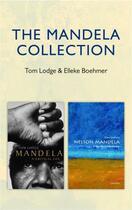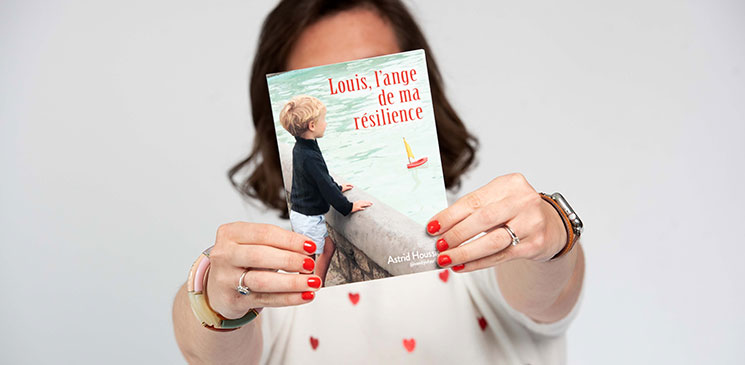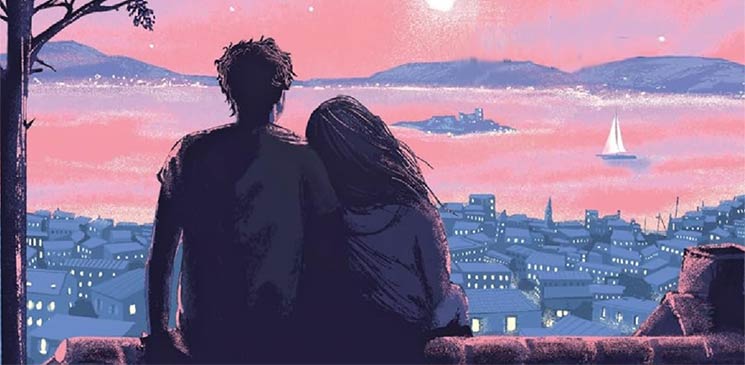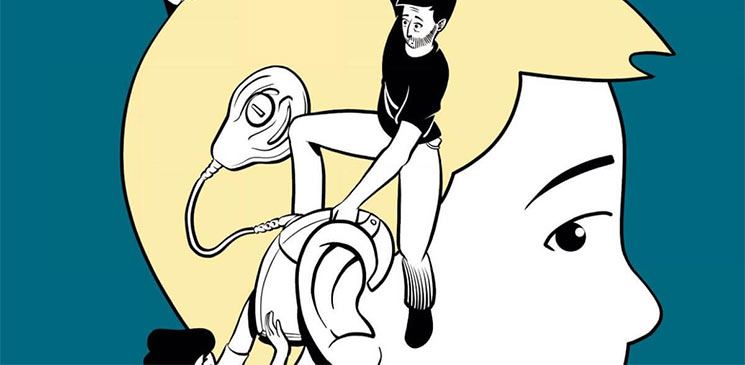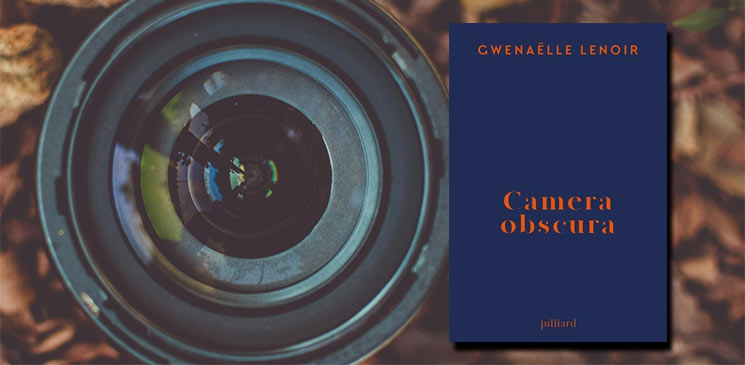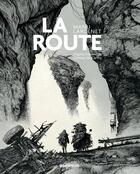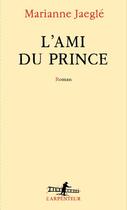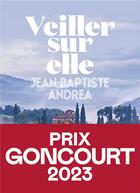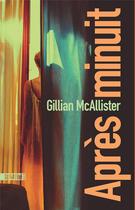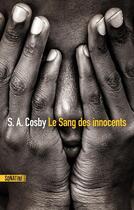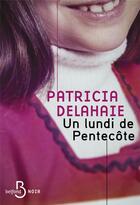Résumé:
This is the first anthology to gather together British imperial writing alongside native and settler literature in English, interweaving short stories, poems, essays, travel writing, and memoirs from the phase of British expansionist imperialism known as high empire. A rich and startling... Voir plus
This is the first anthology to gather together British imperial writing alongside native and settler literature in English, interweaving short stories, poems, essays, travel writing, and memoirs from the phase of British expansionist imperialism known as high empire. A rich and startling diversity of responses to the colonial experience emerges: adventurers, administrators, memsahibs, propagandists and poets intermingle with West Indian and South African nationalists, Indian mystics, Creole balladeers, women activists and native interpreters. This wide-ranging selection reveals the vivid contrasts and subtle shifts in responses to colonial experience, and embraces some of empire's key symbols and emblematic moments. - ;`The contact with . . .primitive nature and primitive man brings sudden and profound trouble into the heart.' (Joseph Conrad) `Flowers look loveliest in their native soil . . .plucked, they fade, And lose the colours Nature on them laid.' (Toru Dutt) This is the first anthology to gather together British imperial writing alongside native and settler literature in English, interweaving short stories, poems, essays, travel writing, and memoirs from the phase of British expansionist imperialism known as high empire. A rich and starling diversity of responses to the colonial experience emerges: voices of imperial; adventurers, administrators, memsahibs, propagandists and poets intermingle with West Indian and South African nationalists, Indian mystics, Creole balladeers, women activists and native interpreters. Drawn from India, Africa, the West Indies, Australia, New Zealand, Canada, Ireland, and Britain, this wide-ranging selection reveals the vivid contrasts and subtle shifts in responses to colonial experience, and embraces some of empire's key symbols and emblematic moments. Comprehensive notes and full biographies ensure that this is one of the most compelling, readable and academically valuable source books on the period. - ;FOREWORD: George Otto Trevelyan, An Indian Railway and The Gulf Between Us; EARLY DECADES: John Ruskin, Conclusion to Inaugural Lecture; Anthony Trollope, Aboriginals; John Beames, Civilian Memoirs; David Livingstone, the Meeting with Stanley; Henry Morton Stanley, The Meeting with Livingstone; Marcus Clarke, from Preface to Adam Lindsay Gordon's Poems and From the Clyde to Braidwood; Edwin Arnold, from The Light Of Asia; Alfred, Lord Tennyson, The Defence of Lucknow and Opening of the Indian and Colonial Exhibition; Edward Willmot Blyden from The Aims and Methods of a Liberal Education for Africans; Torus Dutt, A mon pere, Sonnet - Baugmaree; Sonnet - The Lotus; Or Cauarina Tree from Ancient Ballads and Legends of Hindustan; John Seeley, from The Expansion of England;
Isabella Bird, Letter from Sungei Ujong, Malay Peninsula; H. Rider Haggard, The Legend of Solomon's Mines; Sara Jeannette Duncan, Colonials and Literature; Rudyard Kipling, His Chance in Life, Christmas in India, Giffen's Debt, Mandalay, What the People Said; A.E. Housman, 1887; J. A. Froude from The English in the West Indies; J. J. Thomas from Froudacity; Flora Annie Steel, The Duties of the Mistress, Bopluchi, In the Permanent Way; G. A. Henty, A Pipe of Mystery;1880S AND 1890S CANADIAN POETRY: Isabella Valancy Crawford, War, Said the Canoe; Bliss Carman, Low Tide on Grand Pre, A Vagabond Song; Charles G. D. Roberts, The Pea-Fields, My Trees; Archibald Lampman, Late November, Among the Orchards; Duncan Campbell Scott, The Onondaga Madonna; THE BULLETIN WRITERS OF THE 1890S:
A.B. ('Banjo') Paterson, Clancy of the Overflor, The Travelling Post Office, Old Australian Ways; Henry Lawson, the Drover's Wife; Barbara Bbaynton, the Tramp; A. G. Stephens, from Introductory to The Bulletin Story Book; FIN DE SIECLE: Swami Vivekananda, from The Ideal of a Universal Religion; Robert Louis Stevenson, The King of Apemans: The Royal Trader; Hugh Clifford, Up Country; Joseph Chamberlain, the True Conception of Empire; Olive Schreiner, from Trooper Halket of Mashonaland; Mary Kingsley, Black Ghos




